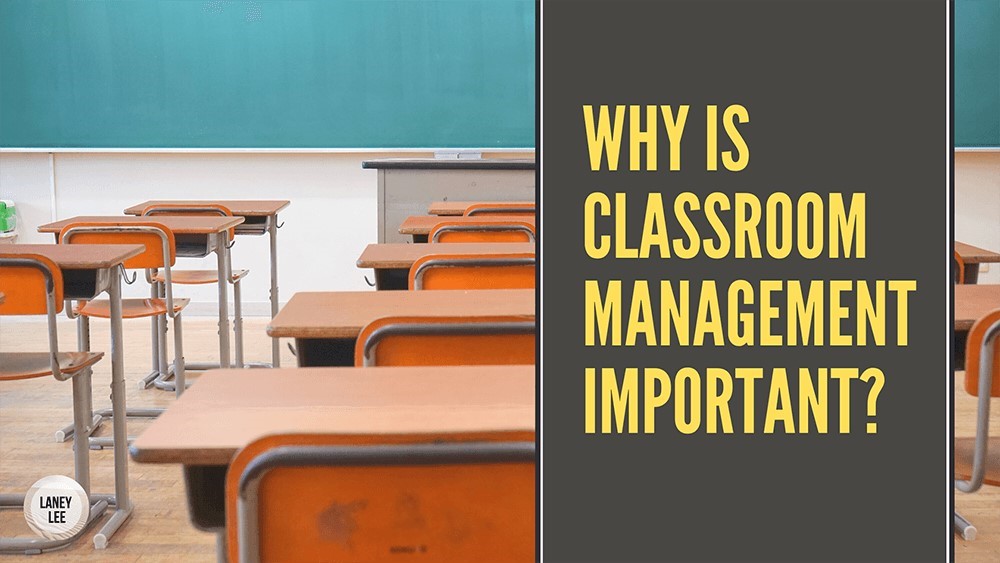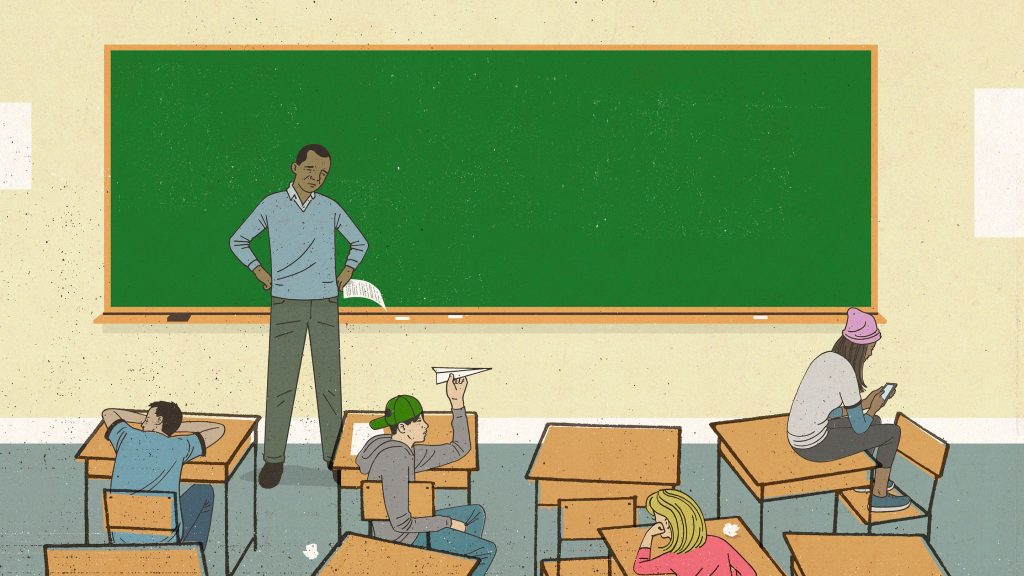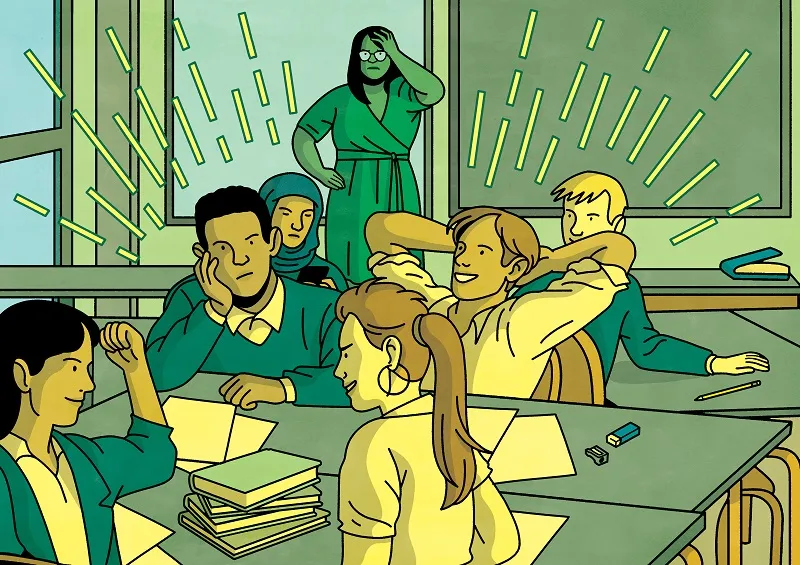
A classroom is a microcosm of society. Just like in the outside world, it’s important for teachers to be aware that everyone starts with a clean slate and that everyone has the same rights. However, sometimes students will behave differently depending on their age or experience in school. For example, younger students are often more energetic and need more supervision than older ones; but this does not mean they should be treated differently or unfairly just because of their age.
The same goes for students who have been in your class before: if you find that one particular student is disruptive or difficult to handle, keep this in mind when disciplining them so as not to make any assumptions based solely on prior incidents; instead try looking at things from a different angle each time – what would have helped them learn better? What can we do differently next time?
Teachers Set Standard for Expectations
Teachers set the tone for their classrooms, and they can do that in positive or negative ways. If a teacher doesn’t have good classroom management skills, it’s hard to get students to behave well. Students are more likely to misbehave when they know they can get away with it and not be punished. Teachers are role models in every sense of the word: they model teaching methods and behavior, but their students also learn how to behave based on what they see at school and at home.

When students see teachers treating each other with respect and showing kindness toward others, then those are things that will rub off on them as well! When students are bored or talked down to, they’re more likely to misbehave. The best way to prevent this is by being a good teacher. A good teacher will treat each student with respect and give them the attention they deserve.
READ MORE: 5 Effective Classroom Management Ideas
Good Classroom Management Set Up a System of Community
Good classroom management isn’t just about rules. It’s about setting up a system of community, where students know what to expect from one another and from the teacher. The purpose is to build a sense of accountability, which is essential for learning.
Teachers should be seen as leaders and not dictators. Each student should feel like he or she is part of the team, and that everyone has a job to do in helping the class succeed. A good example would be having each student take responsibility for helping clean up after class every day; this way no one person has to do all of it alone (and nobody feels left out).
A well-managed Classroom makes it easier for both teachers and students.
Classroom management is important because it makes it easier for both teachers and students. If a teacher has an orderly classroom, he or she can focus on teaching rather than discipline. Students who feel the teacher has control over the classroom will be more likely to learn and less likely to disrupt the class. Teachers can spend more time teaching if they don’t have to repeatedly discipline students for misbehaving. Students are also better off when they have a well-managed classroom; they’ll feel that their teachers care about them and want them to succeed, so they’re more motivated to learn

Expectations of Teachers and Students for a well-managed Classroom
Teachers
- Good classroom management helps teachers set a standard for expectations. A well-managed class will be one in which all students have an understanding of their role and know what is expected of them. Teachers should make it clear to students that they are responsible for helping the class run smoothly, acting appropriately, and following the rules. This will help students feel more comfortable in the classroom environment, which can contribute to higher engagement levels from both teachers and peers.
Students
- Students need to know what is expected of them so they can meet those expectations. A lack of clarity about classroom norms may result in misbehavior or poor performance on assessments because students do not have a clear idea about what behaviors will benefit them academically or socially. For example, if you tell your student that he needs good grades but don’t follow through with consequences when he fails a test or homework assignment (like giving extra assignments), then your message is confusing at best and misleading at worst—and probably damaging over time as well!